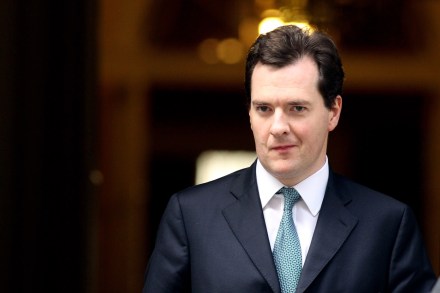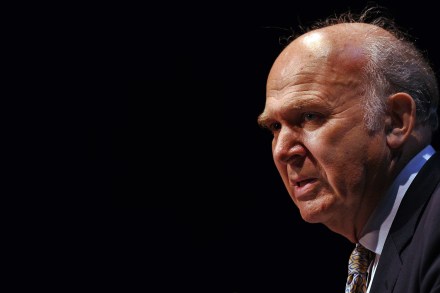Putting the cuts into context
Having been accused of being a “pain denier” by Tim Montgomerie yesterday, I’d like to quickly defend myself. In my News of the World column, I sought to put this in some perspective. I put in the fact that has been reported nowhere: that we know what the cuts will be. Total cuts to government spending will be 3.7 percent, spread over four years. It is debt interest which forces departmental cuts down to an average of 13 percent, again spread over four years. There will of course be real pain, for thousands of workers facing redundancy. For commuters facing a huge 30 percent rail fare increase. But when trying



















